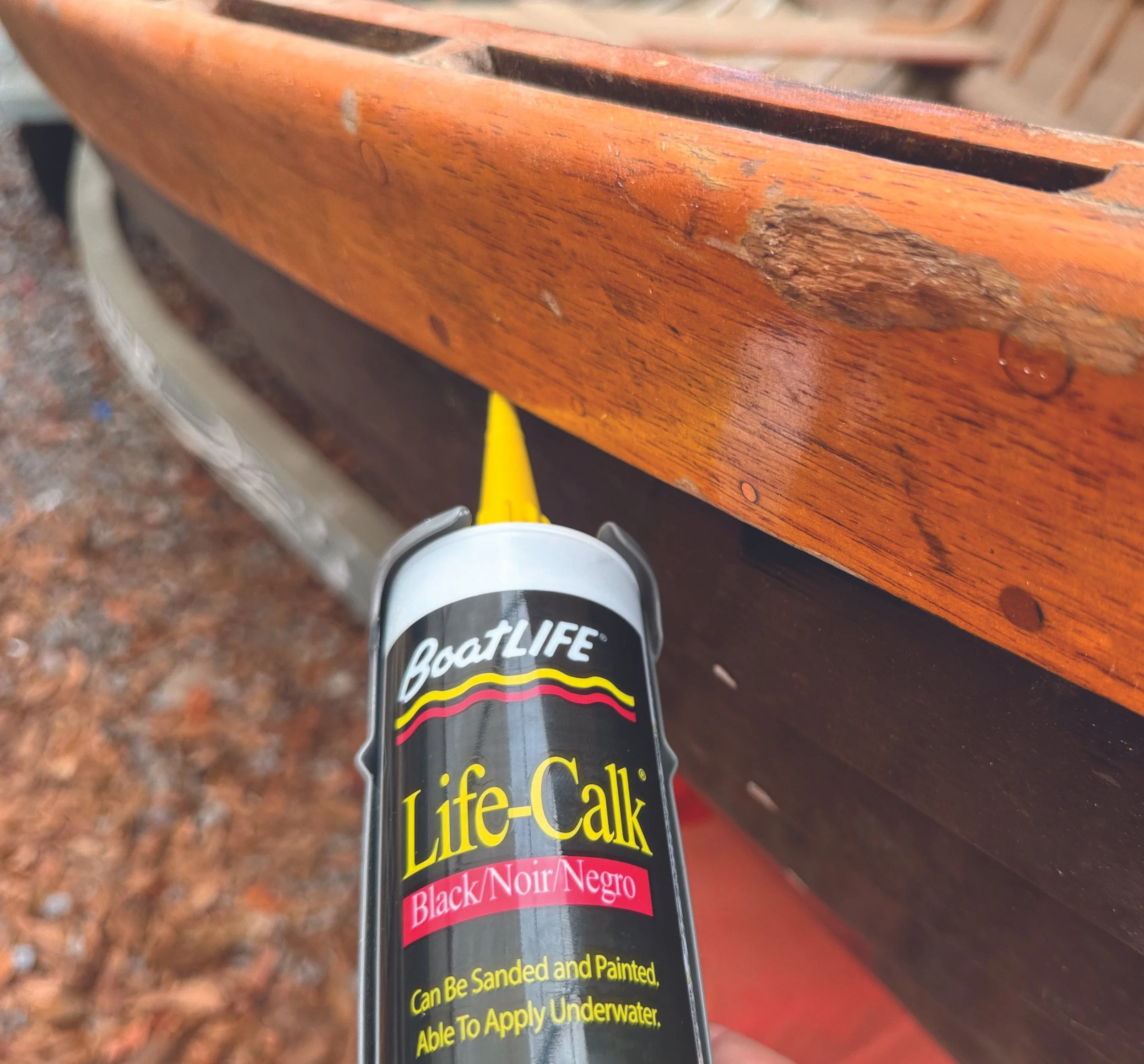Industry Feature: Sealed for Success
Marine sealants and how to choose the right one for your vessel.
The world of marine sealants can be confusing at times, especially when you're trying to decide which type to use on multiple surfaces. Sealants provide an air- and watertight bond, so when choosing a sealant, you have to consider the materials you'll be bonding together as some sealants will obviously be the better choice than others. Let's demystify the world of marine sealants so you can choose the best sealant for the job.
Polysulfide Sealants
Polysulfide is a versatile polymer-based rubber material that cures in the presence of moisture or humidity. Sealants containing polysulfide are great for all-purpose bonding, even for underwater repairs as they will need moisture to cure. In addition, polysulfide sealants are the most chemical-resistant of all sealants. The one drawback is that polysulfide sealants should not be used on polycarbonate plastics such as Lexan® and Plexiglass®.
Polysulfide sealants are sandable, paintable, and permanently flexible. BoatLIFE's top-selling Life-Calk® is a great example of a long lasting, marine grade polysulfide sealant. Made in the USA at their manufacturing plant in South Carolina, Life-Calk® will cure to a firm but flexible rubber and can hold its bond for at least 20 years when applied correctly.
Polyurethane Sealants
Polyurethane sealants work well for all types of fittings, especially if you're looking to seal off any gaps permanently from air or water, like the hull-to-deck joint. Some polyurethane sealants are made to withstand UV damage, and thus, are great for use on bows and the sunnier parts of your boat.
Due to their chemical makeups, some polyurethane sealants have incredibly strong bonds, so consider the bond strength if you're looking to add structural integrity. Be mindful not to choose a polyurethane sealant that is too strong in case there is any possibility you'll be removing the seal at some point in the future, as there is a good chance you would end up damaging the substrates during the removal process. Like polysulfide sealants, polyurethane sealants should also not be used to bond plastics.
Silicone Sealants
Favored in the marine and automobile industries, silicone sealants are great options for any above the waterline boat repair as they are waterproof sealants, particularly sealing off windows, doors, joints, and other areas exposed to the environment. Probably the greatest selling point of silicone sealants is that they are compatible with plastics, whereas polyurethane and polysulfide sealants are not.
Not only are marine-grade sealants built to last in maritime conditions, they are waterproof, prevent mildew, and some have UV resistance. Try BoatLIFE's Marine Silicone Rubber Sealant for a 100% marine silicone sealant that won't corrode or yellow over time. A great all-purpose alternative to other marine silicones on the market as the product can be used above or below the waterline, is tack-free in only 30 minutes or less and will fully cure within 24 hours.
Marine Silicone Sealant Hybrids
In addition to 100% marine silicone sealants, silicone sealant hybrids also exist. Silicone sealant hybrids usually contain another polymer that gives the formula its flexibility. Typically fast-curing, tenacious, silicone sealant hybrids could make good options for sealing multiple surfaces that require movement between one another, especially in the presence of water.
For example, BoatLIFE's LifeSeal® is a unique formula that combines marine silicone and polyurethane. Offering a fast-curing, low odor, high adhesion, non-sagging, non-corrosive, and non-yellowing formula, LifeSeal provides a durable permanent watertight seal which is also removable without any damage to the substrate. Mildew resistant and acid free, LifeSeal is great for sealing decks to hulls, thru-hull fittings, vinyl ports, sealing and glazing windshields and bedding marine hardware.
Photos by Maike Kowal, courtesy of BoatLIFE.



